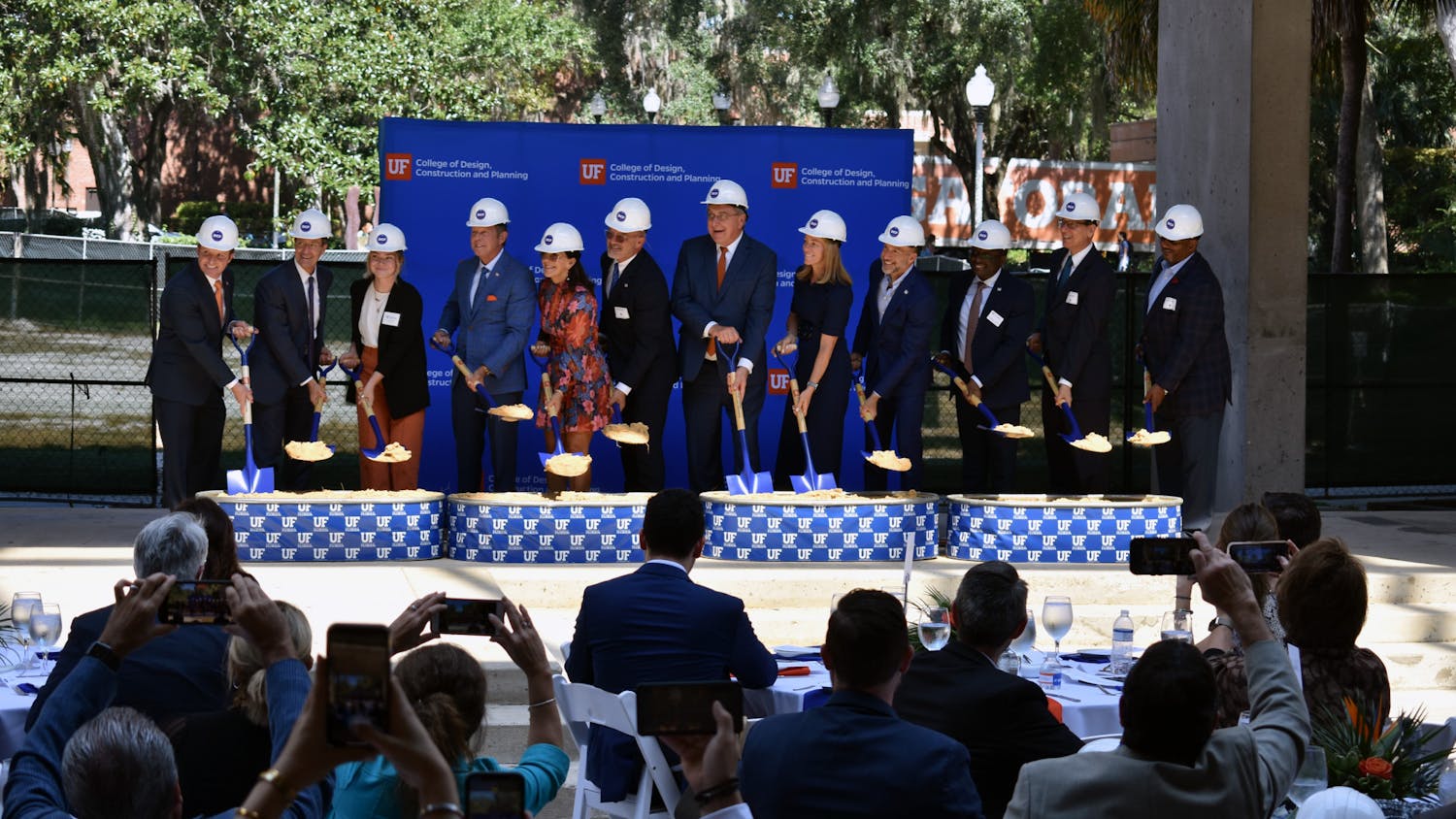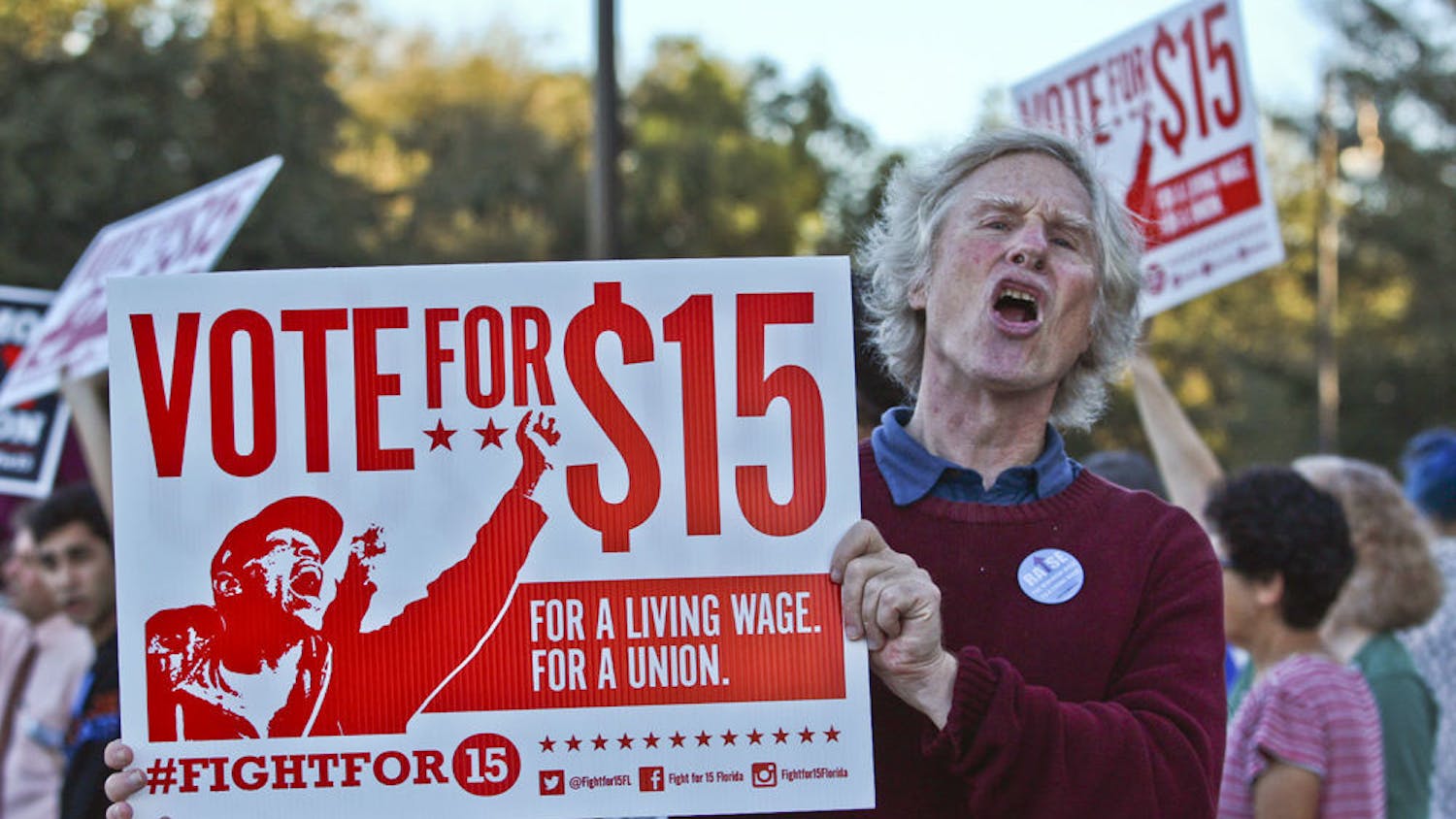As the St. Augustine City Commission debated a landowner’s proposal for development in a meeting Monday night, community members discussed the use of a study conducted by UF professors in the debate.
The study, conducted by five UF professors, supports a proposal to develop a boutique hotel, the Cordova Inn, in an area concentrated with historic buildings. Reportedly commissioned by St. Augustine City Commissioner Nancy Sikes-Kline as an outside opinion, the study states the proposal would provide a unique opportunity to restore an important group of neglected historical buildings. The report also said the inn would have a high value for St. Johns County and promote attention to historic preservation and generate high tax revenues to the local economy.
The commission voted 4-1 to approve the applications with certain amendments regarding parking and other concerns.
Many residents who spoke at the meeting felt that the opinion from UF had no place in the debate.
"The University of Florida did a study that I feel focuses more on profit and a certain type of benefit to the community," said Ellie Sanborn, a St. Augustine resident, during the meeting. "But what about the value to the residents?"
Sikes-Kline reportedly commissioned the report from five UF professors — Michael B. Reid, a professor of applied physiology and kinesiology; Daniel Fesenmaier, a tourism, recreation and sport management professor; Jason Stienmetz, a tourism, recreation and sport management professor; Janet Matthews, a director in the College of Design, Construction and Planning; and Roy Hunt, an emeritus professor of law — after St. Augustine resident David Corneal applied to build the Cordova Inn on his property. An acceptance of Corneal’s application would cause the area to be rezoned, something that could potentially disrupt the concentration of historic buildings in the area known as Historical Preservation 1 (HP1).
While many people do support the professors’ belief that the proposal would restore some neglect in the historic district, others object to the professors’ involvement despite that two of the professors are affiliated with the UF Historic St. Augustine organization, according to the group’s website.
Ed Slavin, a St. Augustine resident who runs a blog dedicated to addressing issues within the city, said he had a problem with the study because it was unscholarly.
"There’s no major scholarly research," Slavin said in a phone interview during the meeting. "It’s not a scholarly research paper and it shouldn’t have had UF’s name on it. This is just about rich guys taking public resources."
Slavin added, "It doesn’t look at the history of the HP1 neighborhood."
However, Ellen Avery—Smith, Corneal’s attorney, said she and her client supported the use of the study during the debate.
"It is an excellent summary of what we have just gone through more than an hour of highlighting," she said.





